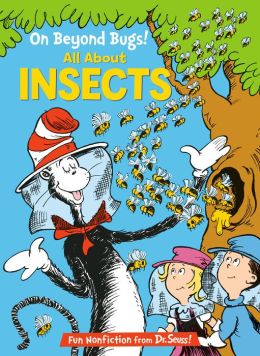However, there is an emerging view in human health and disease that keeps popping up time and again (probably daily by my anecdotal observations) and I can't pass up the opportunity to share more on the blog about it. What is "it" you might ask? Drum roll, please... the human microbiome!
The human microbiome is basically the collection of all the other microbial "critters" (bacteria, fungi, etc.) that are living on and in our bodies. In fact it is estimated that the number of microbial cells on and in our bodies outnumber our own human cells ten to one!
 |
| One reason that microbes outnumber human cells is that bacteria are so much smaller than our cells! |
The thing is, we understand very little about these ecosystems on and within us. Enter, the human microbiome project, a big project funded by the U.S. National Institutes of Health to characterize the communities on and within. What is normal? Are there different ecosystems associated with human disease (e.g. not just one pathogenic "bad" guy model)? The human microbiome project aims to answer these questions.
Just like ecosystems in the "macro" world (think of a forest), our own little ecosystems likely abide by the same rules. Growing up in rural Illinois, I distinctly remember a bit of a deer problem (Oh, deer!). Disrupt what was once a stable ecosystem by driving out the natural predators of deer, and with plenty of food available, those deer bred like rabbits! Is it possible we're breeding microbial "rabbits" in our own little ecosystems, and what would be the implications of that? The problem is, we don't understand our own ecosystems enough to answer those questions. It will be fascinating to see the data coming from the human microbiome project over the next few years!
Let's just say there is a lot of complexity going on here, and there is likely a link to allergy, so stay tuned for future posts! You'll truly be learning it with me because microbiology is definitely out of my human anatomy and physiology comfort zone!
Further reading:
Germs are us by Michael Specter in the New Yorker.
Excellent overview of the human microbiome, written in a very understandable way.
Red meat + wrong bacteria = bad news for hearts by Chris Woosten at Nature.
One of my interesting finds today, suggesting our microbes contribute to heart disease.







